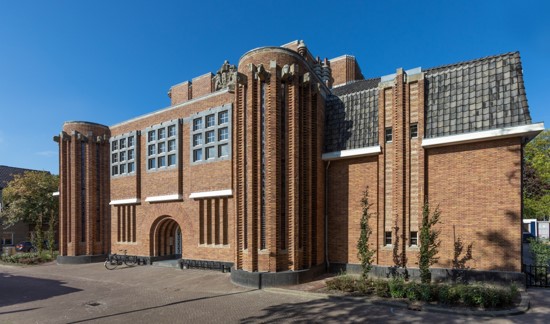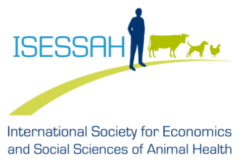International ISESSAH Conference – 2025
Towards multiple societal burden animal health decision-making

14-16 OCTOBER 2025
UTRECHT, THE NETHERLANDS
Call for Abstracts Now Open!
We are pleased to announce that abstract submission is now open for ISESSAH 2025! The deadline for submissions is March 2, 2025.
We particularly welcome submissions on the following themes:
- Analysis of multiple burdens in combination with animal health problems
- Economic burden of animal health problems from animal to global level
- Understanding animal health and One Health decision-making
- Free communications on topics related to the domain of ISESSAH
For detailed guidelines on abstract submission, as well as updates on the program, sessions, venue, and accommodation, please visit:
https://isessah2025.aanmelder.nl
We look forward to your contributions !
